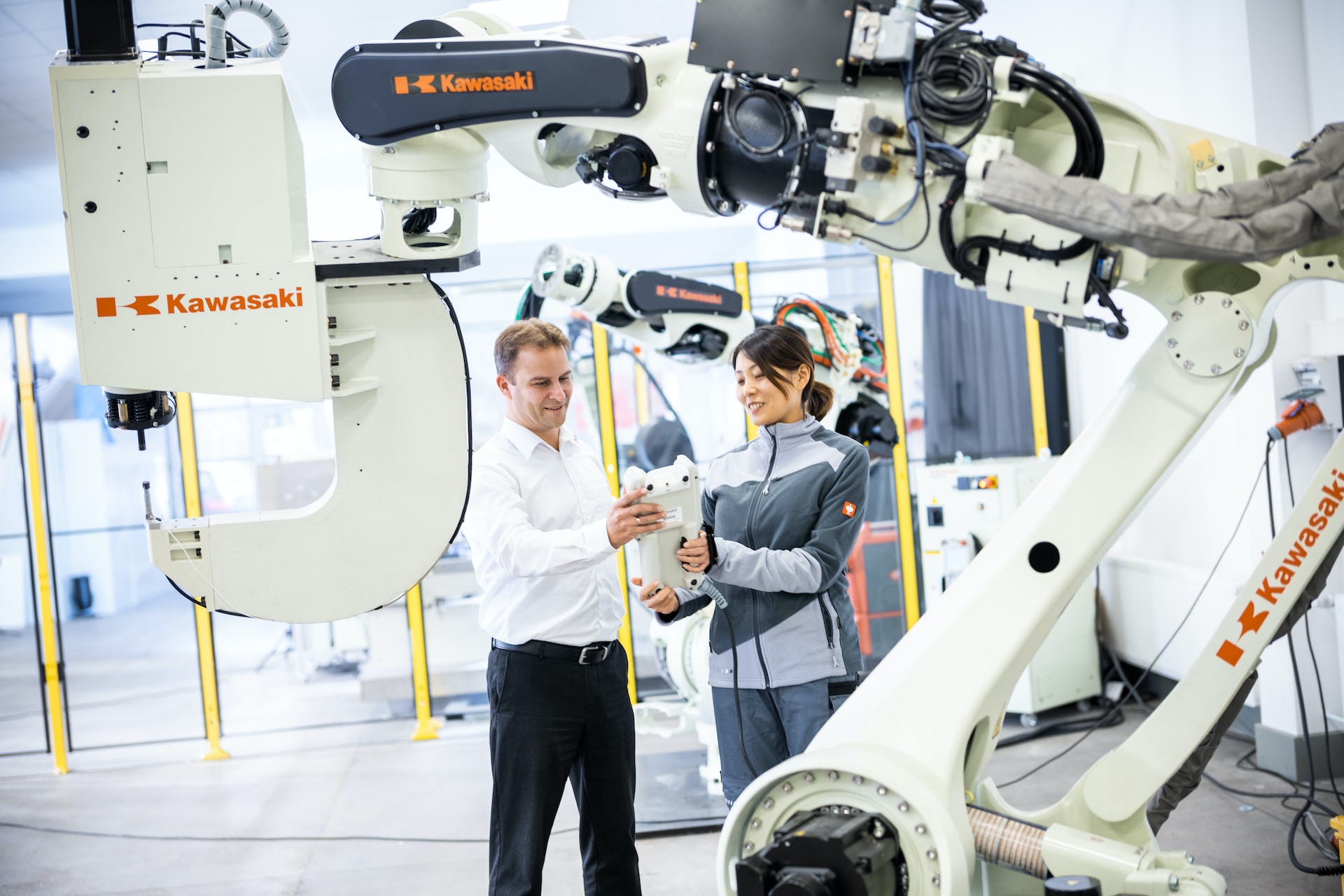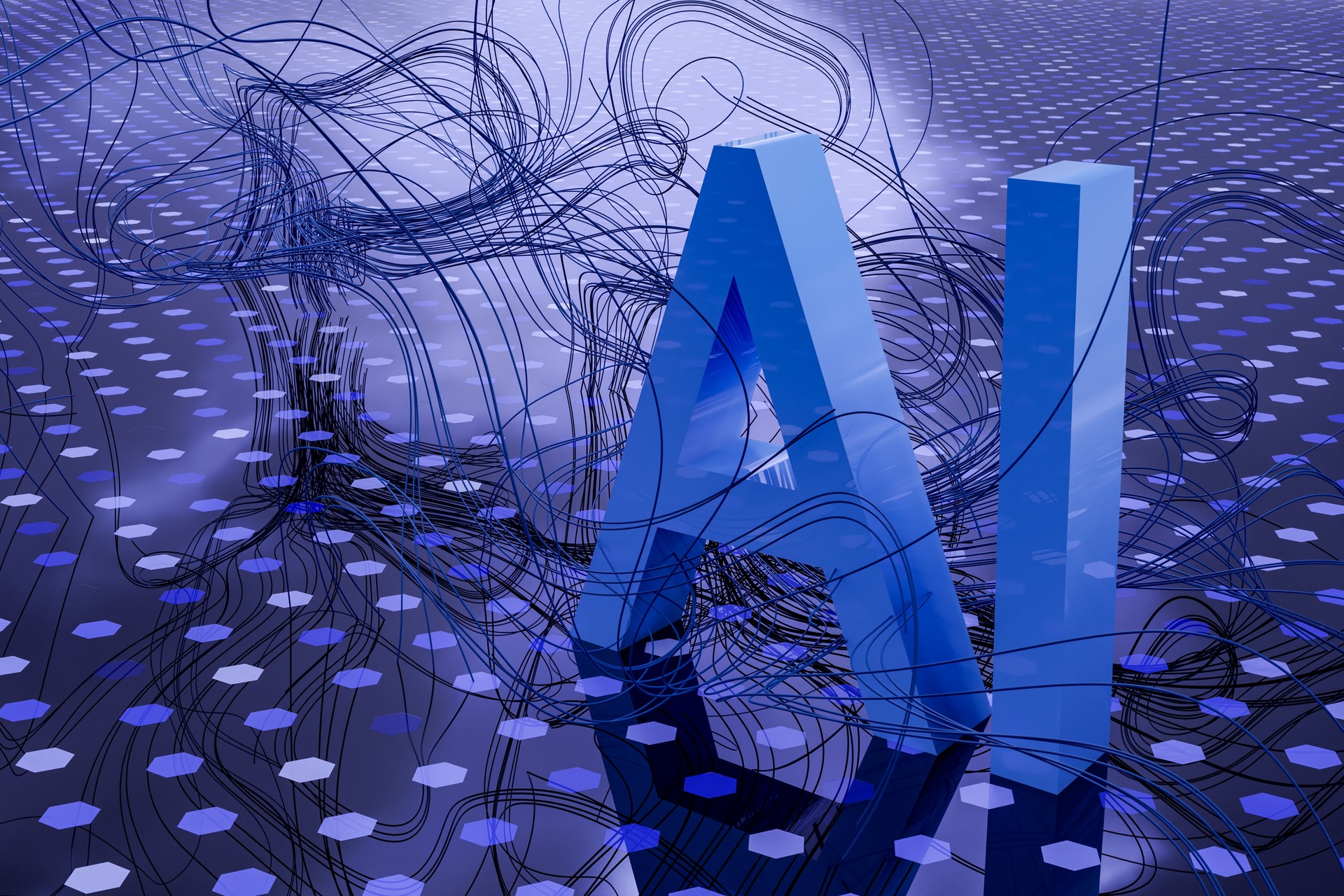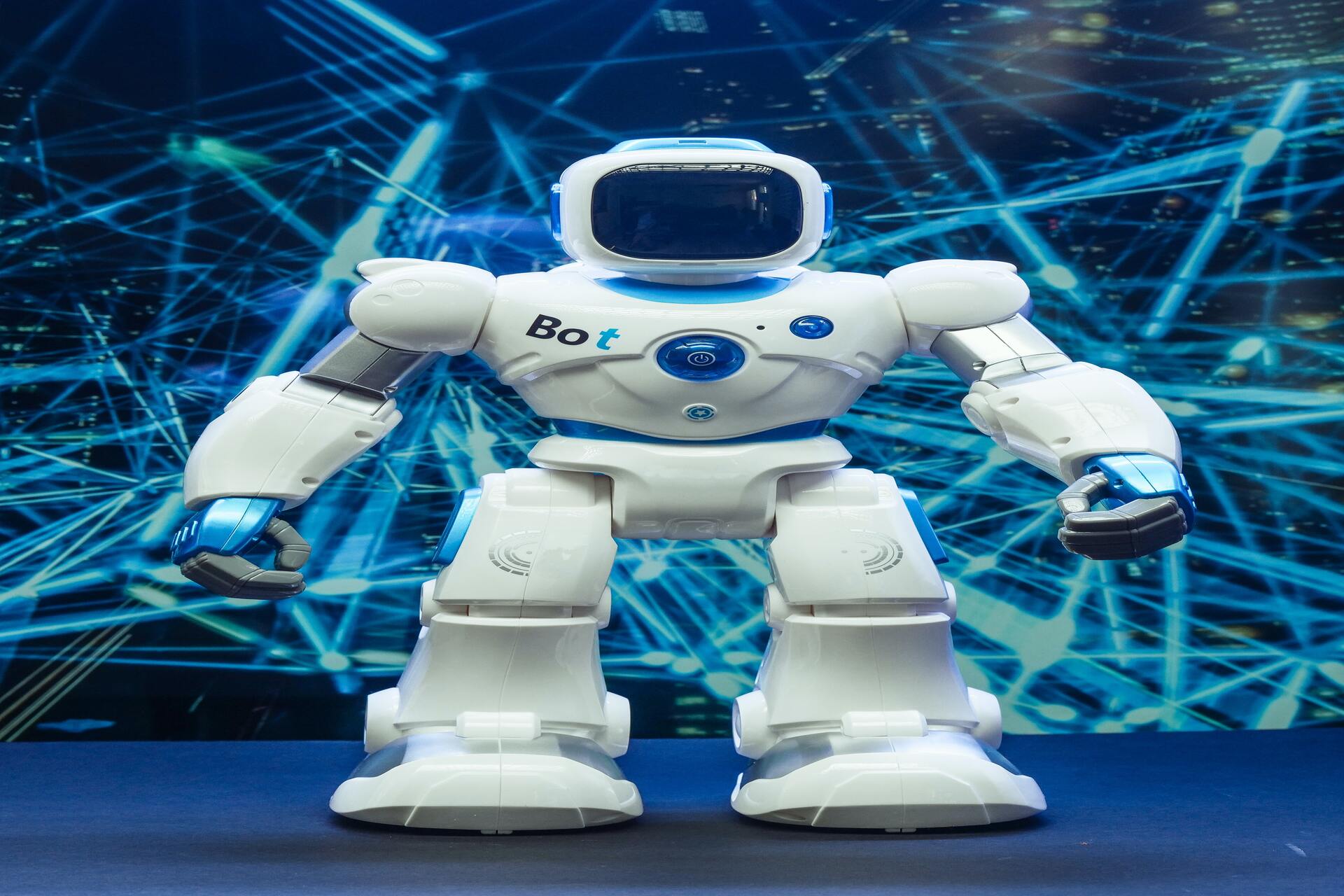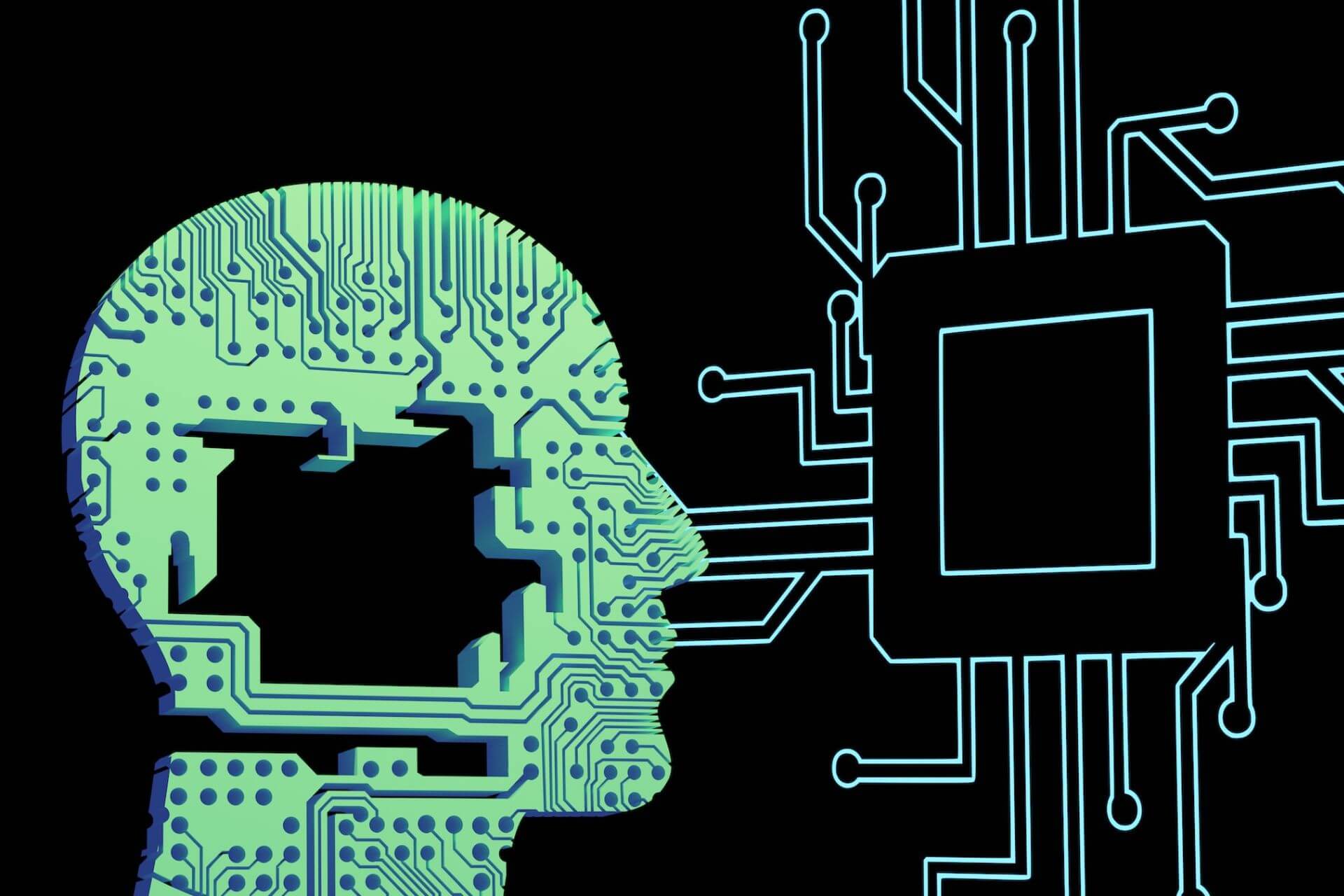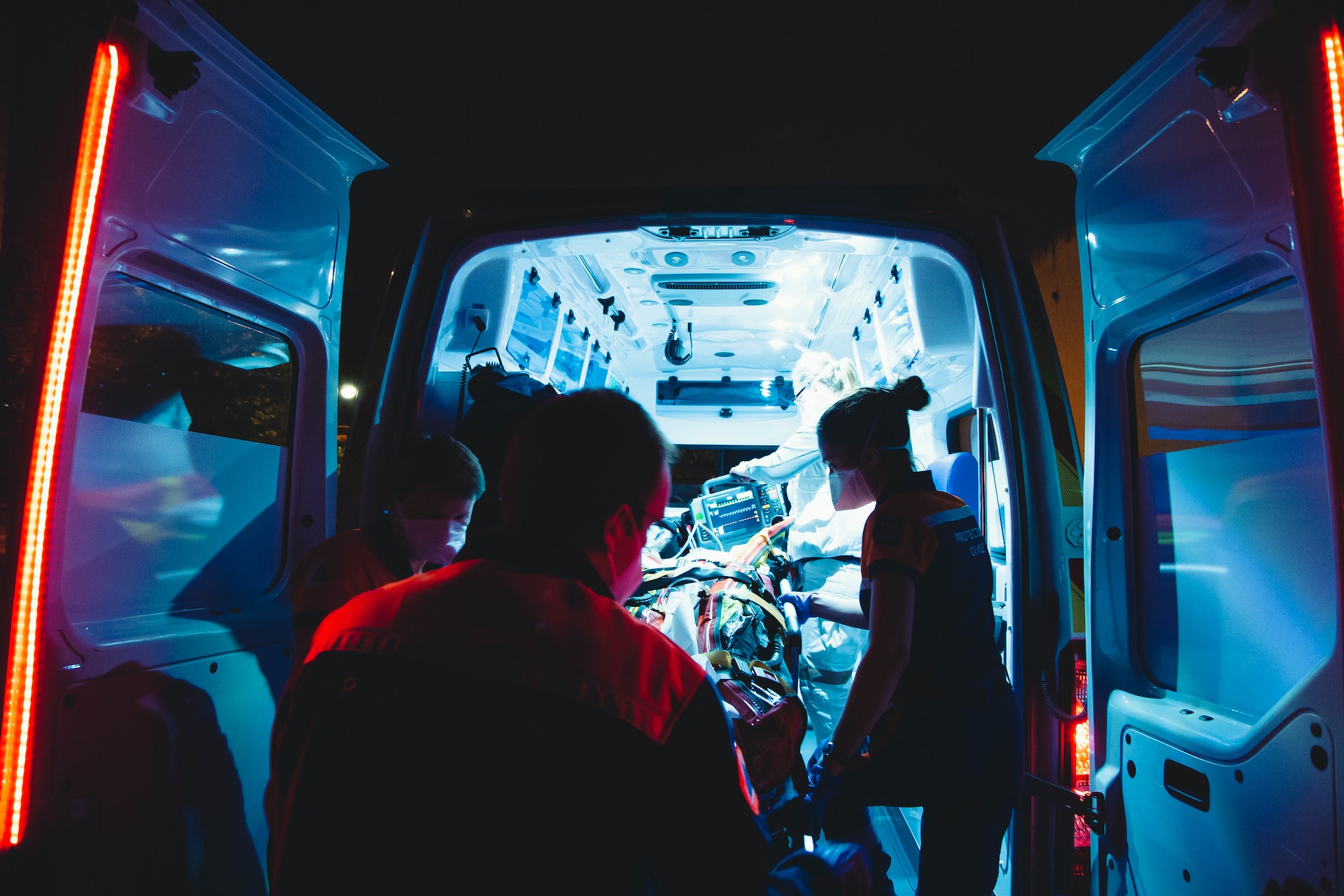
AI vs. Human: The Most Famous Examples of Man vs. Machine
May 30, 2023 - Lou Farrell
Revolutionized is reader-supported. When you buy through links on our site, we may earn an affiliate commision. Learn more here.
From ChatGPT to DALL-E, the machines are making the biggest headlines since the first computer started going into production. However, everyone seems to be much more nervous this time around. While the fear of artificial intelligence (AI) taking over some jobs is understandable, the workforce should learn to work alongside automation rather than against it. People have always been interested in competition, though, so holding matches of AI vs. human have been of interest for a while.
Those that have never learned about these man vs. machine matches may have a lot of fun doing so. They show what human ingenuity is capable of, how far technology has come and — most importantly — how robots have not taken over these worlds. Here are some of the most famous matchups between AI and people, as well as if human workers should be concerned.
1. Deep Blue vs. Garry Kasparov
Perhaps the most famous showdown of man vs. machine is the chess battle between world champion Garry Kasparov and IBM supercomputer Deep Blue. The showdown happened in 1997, when Deep Blue became the first-ever machine to beat someone of such skill at chess. In fact, grandmaster Kasparov thought the team must’ve been cheating, but it was all Deep Blue. What might shock many about the machine is the size necessary at the time to hold all that computational power.
Deep Blue’s final iteration was more than 6 feet tall, with over 200 accelerator chips and 500 processors. It worked by using AI to calculate what moves it could make, the results of those moves and which ones were best. Deep Blue did lose to Kasparov in 1996, but the team went back to the drawing board and created an AI that could process 200 million options per second. Still, the results were incredibly close — the grandmaster won one match, Deep Blue won two and three were draws.
2. BGK 9.8 vs. Luigi Villa
Go back even further to 1979, when AI beat a human for the first time in history. Just a day after Luigi Villa became the world Backgammon champion, he competed against Dr. Hans Berliner’s BGK 9.8 — and lost. Dr. Berliner returned to school to try building a chess-playing AI, as he was a chess champ himself. However, he quickly found out the computational technology wasn’t ready for that yet. He instead opted for Backgammon, which had 10 to 20 fewer aspects to address.
How did the AI end up victorious? Dr. Berliner did say it had luck on its side, but BGK 9.8 also had an excellent grasp on “doubling.” This concept happens when the player who believes they have the best chance of winning challenges their opponent to continue the game, with the winner receiving double points. This rule allowed the computer to beat Villa seven to one. Dr. Berliner went on to predict that AI would be able to defeat a person by 1990 — a fairly close assumption.
3. Watson vs. Jeopardy! Champs
Who doesn’t love tuning in to Jeopardy! every night? Well, viewers got a special surprise in February of 2011, when IBM returned to the scene with their supercomputer Watson. It went up against Ken Jennings and Brad Rutter — known as some of the best ever to play the game. What made this AI so much more advanced than programs like Deep Blue is it could decipher Jeopardy!’s wordy clues and answer them mostly correctly. It was one of the most exciting early examples of natural language processing.
Unlike Deep Blue, Watson didn’t leave much room for its opponents to make it a close competition. At the end of the first televised match, Jennings had just under $5,000, Rutter had around $10,000 and Watson had $35,734. The second round didn’t go much better. By the end, Watson remained on top and took home $1 million, which IBM split in half and donated to two charities. Instead of making a Final Jeopardy guess, Jennings wrote, “I, for one, welcome our new computer overlords.”
4. KataGo vs. Kellin Pelrine
In AI vs. human matchups, do the humans ever get to win? Yes — in 2023, a person was able to reign supreme. KataGo taught itself how to play Go and crushed AlphaGo — which beat champion Lee Sodol — by a hundred games to zero. It even went on to beat earlier versions of itself, which even then could defeat the world champions. It was a serious triumph of AI gameplay until someone realized a few key fallacies.
A research team utilized their own AI model not to learn Go even better than KataGo, but to find flaws in the AI’s strategy. This method was successful — they discovered they could trick KataGo by surrounding its stones, then beginning to play in an entirely different section of the board. KataGo never picked up on how to offset this strategy and lost 97%–99% of the time. Kellin Pelrine — who co-authored the research — then used this technique to beat the AI 14 out of 15 times.
Will AI Take Over the World?
As technology gets increasingly advanced, it’s natural to worry it will do more than beat top players in games. AI art generators threaten artists by amalgamating their work in their databases, then spitting out a replica in a few minutes or seconds. Many writers fretted ChatGPT would put them out of business and teachers are concerned their students will use it instead of relying on critical thinking.
So, will AI truly ever replace people? The answer is likely no. While it’s impossible to guarantee the future, artificial intelligence is nothing more than a computer program designed to replicate human thought. However, because it only looks for the most logical solution, it misses out on what makes brains so special — the willingness to think outside the box. Sometimes, the best answer isn’t straightforward.
AI may someday develop to do the same, but it will never be more than a replication of what humans can already do. For example, did AI take over the world of Jeopardy! or chess? Do only bots compete in Go and Backgammon competitions? Clearly not.
AI Plus Human, Not AI vs. Human
Though AI can never really replace people, there are plenty of use cases where utilizing it alongside humans is incredibly valuable. Companies shouldn’t prepare to replace all their employees with machines. Instead, they should look at automation as a tool to streamline repetitive processes while elevating their human workers with upskilling, giving them opportunities for more satisfying and less tedious jobs. Current developments should be less “AI vs. human” and more “AI and human.”
Revolutionized is reader-supported. When you buy through links on our site, we may earn an affiliate commision. Learn more here.
